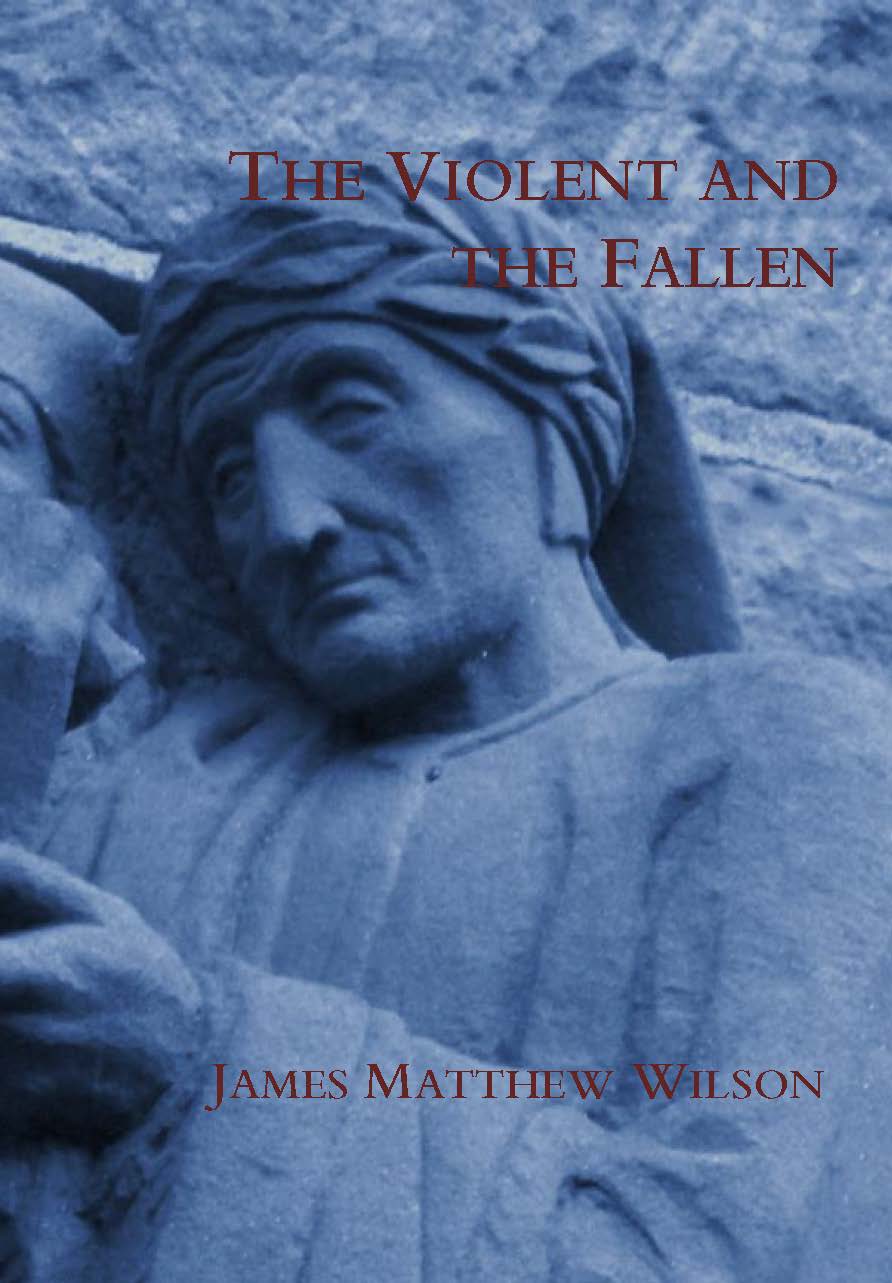As part of my recent visit to Hillsdale College, where I read from my forthcoming book, The Violent and the Fallen, I gave a short interview to the campus paper, which has just been published. At the end of the interview, I claim the following, which I hope is applicable to all traditions of genuinely human work, not just the literary:
I would say that poetry is a craft, and as a craft, it is something whose traditions and practices require mastery. They are going to have to be discovered in fits and starts, by inspiration, sometimes just by luck, and sometimes by grace. But they probably won’t come ever if there isn’t the basic initiation into a tradition of craft work already in place in you. So craft first.
You can read the rest here.
And you can purchase your copy of The Violent and the Fallen here. This is the last week of Finishing Line Press’s advance sales promotion for the book, and all who help support the press and make this book’s publication possible will be rewarded in heaven (I believe . . . don’t quote me on that).












Well said, sir. As a woodworker I endorse this claim wholeheartedly. It’s been said (by Ananda Coomeraswamy, I think) that the word “harmony”– related, I believe, to “ars,” root of “art” and which for all our high-falutin’ talk about it simply means “joining” — originated among carpenters to describe a building that’s simply well-joined and composed. Our delight in the bare, irreducible facts of putting things together is, even at the most elemental craft level, evidence of our god-like nature as creative creatures, and is the necessary basis of all the arts, from low to high.
Comments are closed.